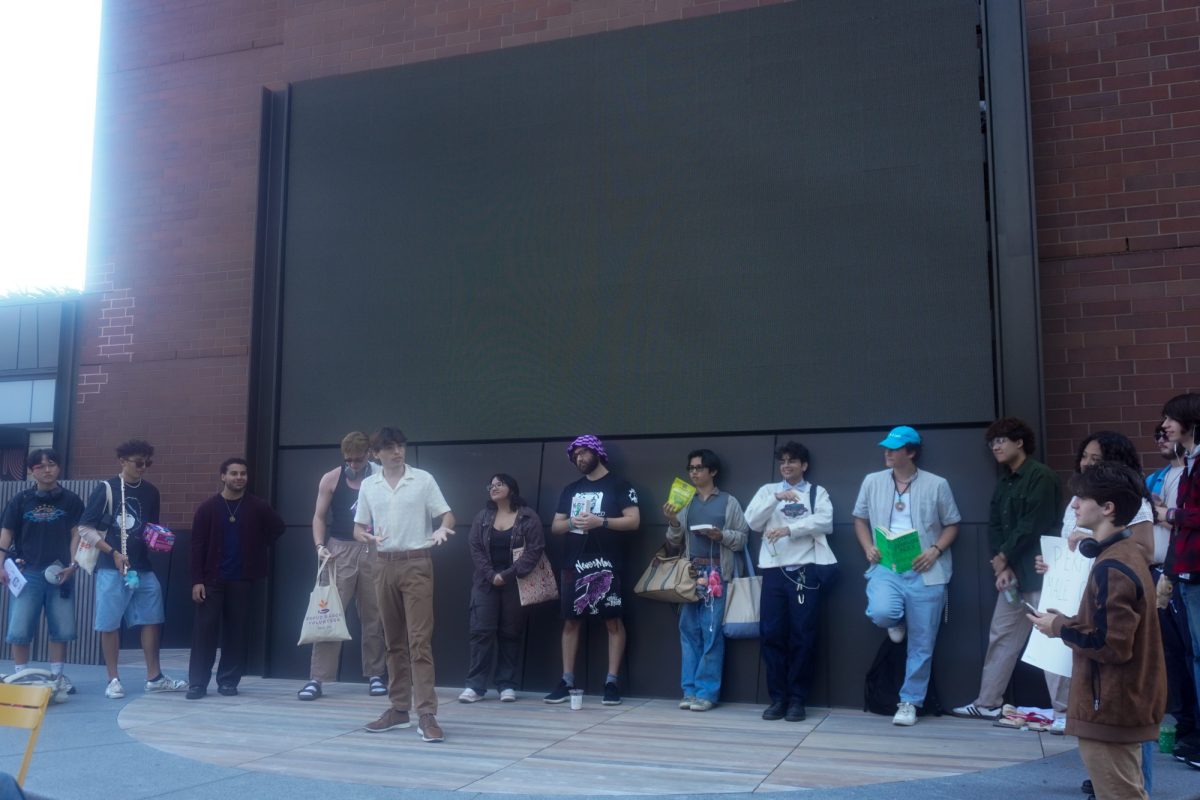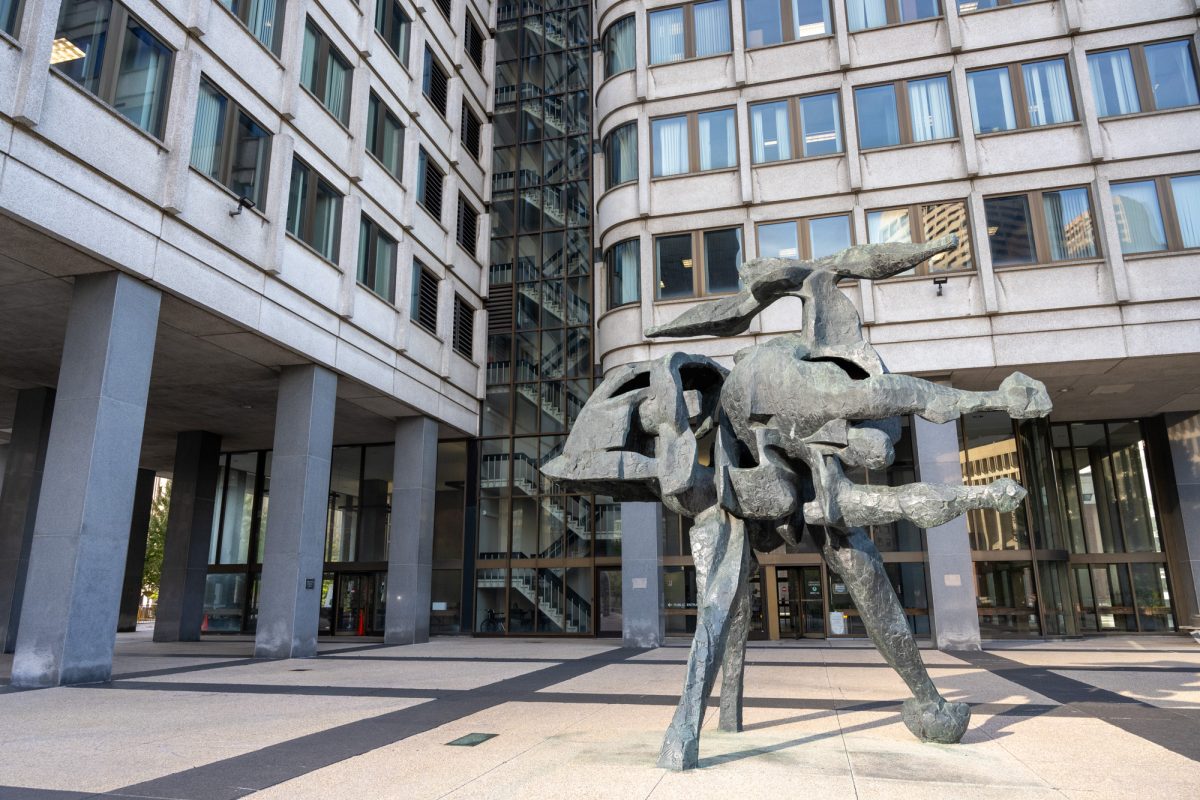The Attorney General’s office approved a petition on Wednesday to introduce a new law implementing rank-choice voting in Massachusetts state elections.
Rank-choice gives voters the option to not only choose their favorite candidate in a race, but also rank the remaining candidates in order of preference on the ballot. If no candidate reaches a 50 percent majority, the candidate with the least amount of first-place votes is removed and those votes are distributed based on their voters’ second choices, until someone reaches a 50 percent majority.
Seven states currently allow rank-choice voting systems in municipal elections, and in 2018, Maine was the first state to hold elections for their U.S. Senators and Representatives under the policy.
After the initial results in Maine’s 2nd district, the incumbent Bruce Poliquin had a greater plurality than Jared Golden, his challenger, by .02 percent. Once third party votes were redistributed, Golden defeated Poliquin by more than 1 percent of votes.
The system relieves voters of the pressure they often feel to vote for who they think will win or who they think will beat a candidate they don’t like, as opposed to the candidate whose platforms they most agree with. If their first choice loses, their vote does not get lost in the wind.
When citizens walk into polling stations, many know nothing about the candidates they’re choosing from other than party, and — following bipartisanship’s most dangerous habit — vote for every candidate depending on if there’s a ‘D’ or ‘R’ attached to their name.
If voters find two candidates to be similar and like both of them, instead of being forced to choose one and leave the other behind, they can prioritize both on the ballot. If applied to presidential races — especially primaries — people would be able to, for example, choose both Elizabeth Warren and Bernie Sanders, who are seen as ideologically similar and thus likely to split votes in May.
The sense that your vote has power beyond a black-and-white choice between one candidate or another is likely to encourage voter participation in a system that makes many citizens feel unheard and therefore view voting as a waste of time and effort.
In addition to the benefits rank-choice voting provides to voters, candidates experience additional advantages in the system as well. Not only are they looking to be voters’ first choice, but also their second or third.
Rather than promote the classic platforms of the party affiliation they are running with, they may find it more accessible (and electable) to promote more intricate policies and ideas. This leaves more room to explain how they, as an individual, would act in office and not how closely they align with a party.
In states where one party is almost guaranteed election, not unlike the left-leaning Massachusetts, rank-choice promotes thought diversity in a rigid partisan system. Giving politicians an incentive to attract moderate votes is a step in the right direction.
Politics has become more about undoing an opponent than developing new policy that, when allowed to run its course, can be revised and built upon. The hope is if a city, state or country can elect a succession of politicians with this goal, society will in turn improve as a whole.
Municipal and state elections are a good place to start, as they let many that may be wary about rank-choice see its effects on a smaller scale. The results made more voices heard in Maine, where an incumbent would have won a seat he did potentially did not deserve before the system took place.
For now, the petition to allow rank-choice voting in Massachusetts is just that — a petition. Supporters of the policy are now tasked with collecting 80,000 voter signatures, the benchmark for legislative action.
If lawmakers decide not to address the question — and by doing so, ignore their responsibility to democracy — more signatures could force a 2020 ballot question.
Massachusetts, as a blue state that would likely lose some ground to Republican candidates should this rank-choice voting be implemented in the state, will be setting an example of inclusivity if it chooses to move ahead with rank-choice voting.
Promoting democracy means allowing the voices of those from the left, the right and especially those in-between the chance to be heard through protest and outcry, but also through the most fundamental vocalization every citizen is granted — their vote.









































































































